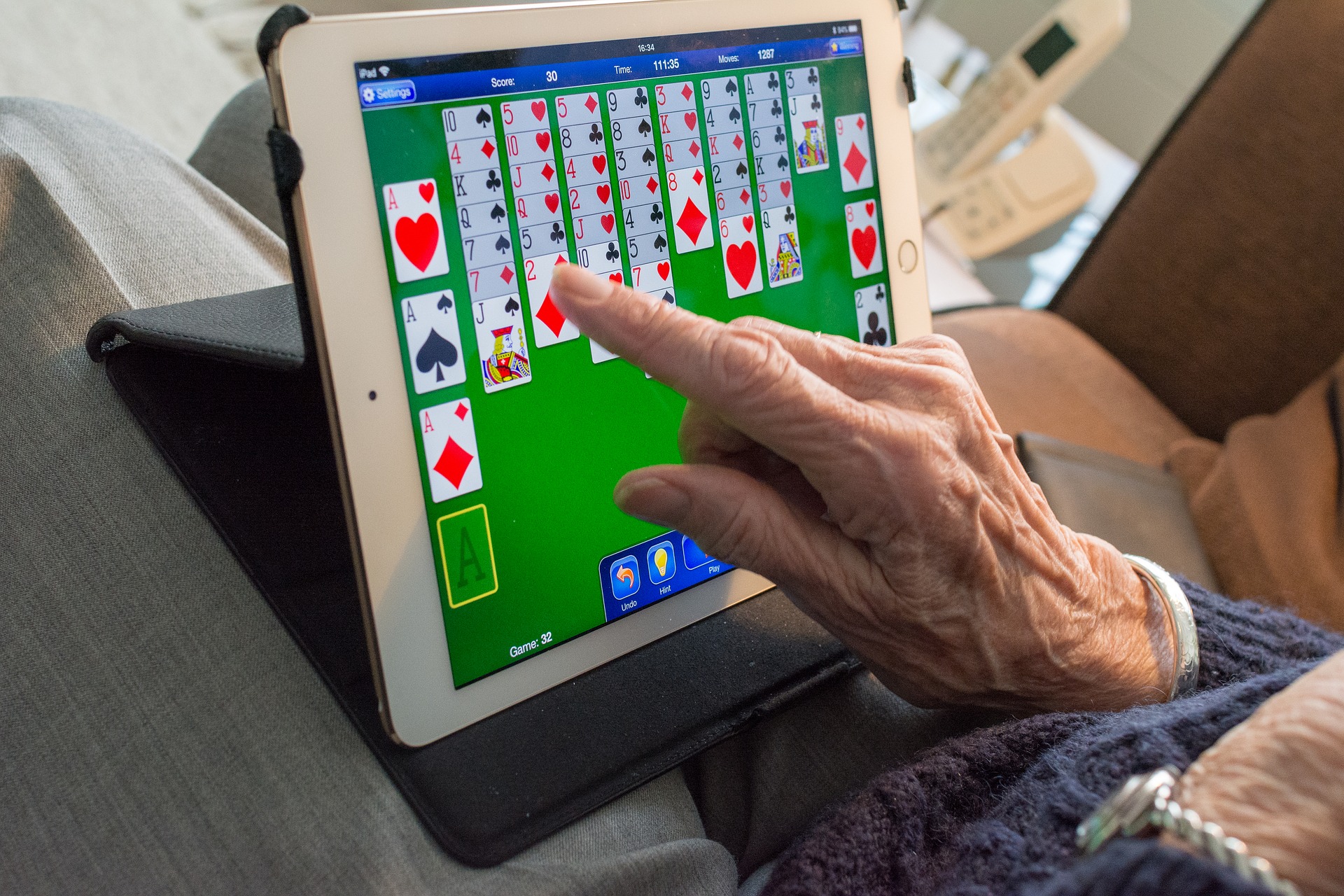By Donna Mischke, Director of Family Services for Concierge Care Advisors
Last week I had to help my mother sort out an auto pay issue with her cable company. She does not own a computer and still prefers to do all transactions over the phone and pay by check via mail. Trying to handle this situation for her over the phone was very frustrating for her and for the company. Luckily, I was able to go online and correct the situation for her. Similarly, my husband had installed a Smart speaker in his mother’s assisted living apartment last summer. She loved it and once she was able to pronounce Alexa correctly, she was able to easily listen to her favorite radio station, turn her lights on and off and make a phone call all by simply asking Alexa. Unfortunately, when her assisted living changed the Wi-Fi password, she was not able to use the smart speaker until someone could come over and reset up the whole device for her again.
While my mother absolutely refuses to learn or even try to accept new technology in any way, my mother-in-law does enjoy the advantages of newer technology, but is not necessarily able to fix problems when they occur. To be fair, I think we can all relate to a certain learning curve when it comes to technology. I have had to ask my kids to help me with phone apps and various other computer programs many times.
I do think that technology can really help seniors in so many ways if they are willing to be open to it. I do respect my mother as she likes to keep life simple and do what she has always done. She does own a cell phone (an old flip phone) and carries it with her wherever she goes. However, there are so many other advances that I would like to introduce to her, slowly of course. Here are just a few ways which I believe technology can help elders navigate life:
- Use a computer to pay bills online. This saves so much time going out, having to stand in line and deal with impatient customer service people.
- Use phone apps like Facetime or Skype to keep in touch with friends and family that do not live close. Stay in touch with people using apps like Facebook or Instagram.
- Shop online. Amazon Prime can get almost anything delivered within 2 days. This includes groceries, toilet paper and many other essentials.
- Uber and Lyft apps may be used to come pick you up and drive you anywhere you want to go.
- Order groceries online. If you dislike pushing a cart through the grocery store and standing in long check out lines, most grocery stores now offer an online shopping service and will have groceries bagged and ready to go when you arrive to pick them up. Some will also deliver.
- Use a mobile wallet. This can eliminate the need to carry cash or visit banks and ATM machines.
- Use GPS app on your smart phone when going to new places. Most apps can now help you avoid heavy traffic situations and get you there faster.
- Use a fall detection device. Having an emergency fall detection device can be a peace of mind to you and your family.
- Get a Smart Speaker. These can do everything from turning your TV and lights on and off, to listening to your favorite songs or calling 911 for you.
While I think some of these services can be useful, it’s important to use them properly and get the proper training on how to use them safely. It is important for all of us as a society to go out to eat, meet friends and family for coffee, and get out in the public in general. Advanced technology almost makes it possible to never leave your home; however no one, including seniors, should isolate themselves in their home. Human interaction is as important as good sleep and healthy food. However, there may be situations when these online services and deliveries may be helpful. My mom seems very happy with her flip phone and will probably have no interest in any type of the services listed above, and that’s okay. I think it’s great that we all have other options for those who are open to the idea.

























